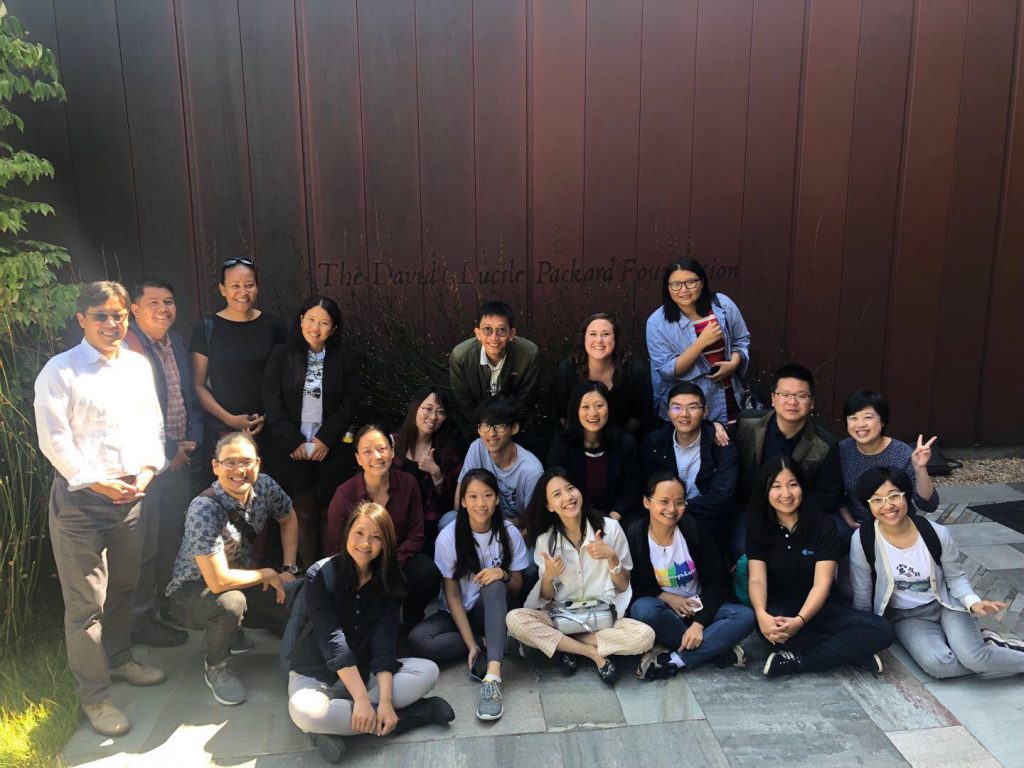Chiao Ting, Taiwan,
May 1- July 27. Satoumi Food supplies Ltd. (Closed)

What did you accomplish with your host organization? What was the impact of your work?
(1) Building a model that the company can provide captured seafood by a shorter supplying period in each species. By this way, the nearshore marine environment could have less pressure in overfishing. (When the total seafood quantity is the same in the market, the supplier can provide double or more species to mitigate the commercial fish catching pressure in near-shore)
(2) Finding out the unreported fish resources, especially the fish is from bottom-trawl boats
(3) stop any possible illegal selling on the ocean
(4) use Facebook to reveal the small-scale capture fishery and problem and stimulate chefs’ to rethink about the lack of fish resources.
Describe the benefits of this experience for you professionally and personally.
My boss solved the problem of stray dogs and ended the business fighting dogs (RSPCA). Therefore, when he joins to the seafood market, he hopes that fish should have less pain when they die, and they should have higher quality in transporting. Before having this internship, I was a marine conservator and have educated people in the museum and schools for many years. I believed that people, who work in the capture fishery and catering, should understand and have a serious attitude in the declining of fish resources. Unfortunately, the internship teaches me that people can do everything when they face to the benefit. The capture fishery industry is not like an international company, they could not follow the 4 bottom lines. Sadly, even the high-end restaurants who are from a multinational corporation, they also do not want to follow the 4 bottom lines, to carry the social responsibility, and to care about environmental responsibility.
After this internship, my friend, who has worked for public education, told me that: educating people is not easy, especially you want to educate people in an industry.
Did your experience provide any unexpected discovery, self-reflection, or epiphany?
“Fish is an animal, food, or money?”
This is the only topic my boss has talked to me during these few months. From the business side, any type of earning money will be a good policy for people. However, how to “steal” some fish from the consumers” is a challenge.
To review the industry which relies on capture fishery, there are various types: (1) Food (selling to Taiwan and China) (2) Religion release (3) Conservation (for subsidies) are three major commercial activities in Taiwan. Also, when the maximum producing cannot match with the selling time, many fishermen and distributors tend to catch as much as possible, and they freeze the products in the future. Unfortunately, predicting the selling quantity in the market is difficult, so, the market price is always unstable and has an extreme gap in the price. Having an unstable price in seafood is very easy to trick the government if it wants to regulate the market and the quantity of a product. This internship told me that why there is always a gap between industry and the government. In Taiwan, the public policy is in the public administration; In the U.S., the public policy and public administration have relative and independent. Therefore, if a person who writes a public policy for industry, it usually has a huge barrier so that the policy becomes very weird and is difficult to follow.


